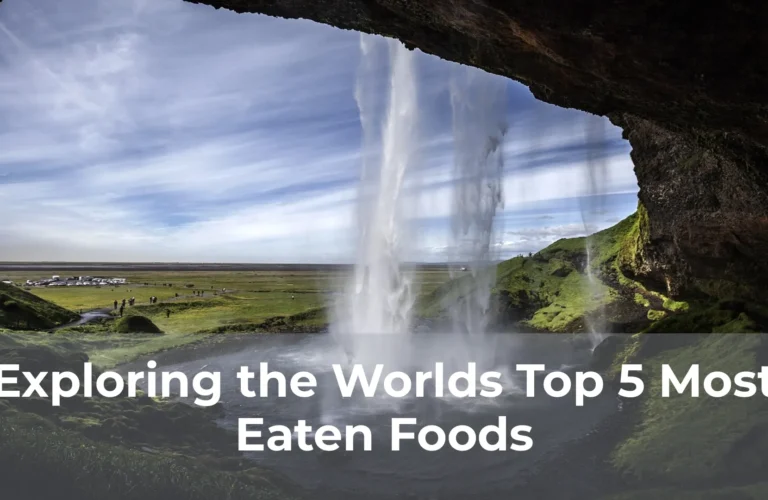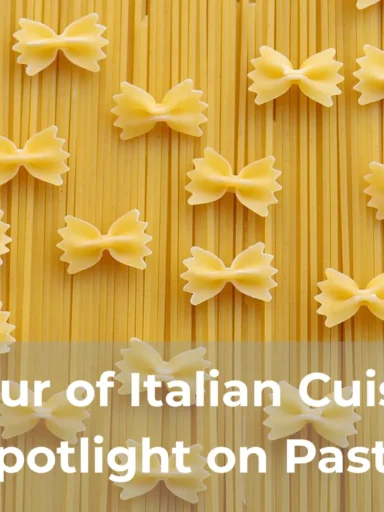Exploring the Worlds Top 5 Most Eaten Foods
When it comes to food, everyone has their preferences. But have you ever wondered which foods are universally loved and consumed by people from all corners of the globe? In this article, we will take you on a culinary journey as we explore the world’s top five most eaten foods. From the spicy and comforting noodles of Asia to the humble but versatile rice, get ready to discover the flavors that unite us all.
From breakfast to dinner, rice is a staple food that is consumed by billions of people worldwide. Whether it’s the aromatic Basmati rice of India or the sticky sushi rice of Japan, this grain is a versatile and filling option that can be prepared in countless ways. As a source of energy and carbohydrates, rice has been a vital part of global cuisine for centuries. Join us as we delve into the different rice varieties and the mouthwatering dishes they create.
The Global Gastronomy: Exploring the World’s Top 5 Most Eaten Foods
Food is a universal language that connects people from different cultures and backgrounds. In this article, we delve into the world of gastronomy to explore the top 5 most eaten foods across the globe. From staple dishes to beloved comfort foods, these culinary delights have captured the hearts and taste buds of millions. Join us on this mouth-watering journey as we explore the diverse flavors and rich histories behind these global favorites.
1. Rice: A Staple That Nourishes Billions
Rice is a staple food that nourishes billions of people around the world. From Asia to Africa to the Americas, rice plays a crucial role in providing sustenance to communities of all sizes. With its versatility and nutritional value, it has become an essential part of diets across diverse cultures and regions. Whether it’s steamed, fried, or used to make comforting rice porridge, this humble grain has been sustaining humanity for centuries.
Not only does rice provide essential carbohydrates for energy, but it also contains important vitamins and minerals. It is a rich source of complex carbohydrates, which are vital for maintaining a balanced and healthy diet. Additionally, rice is low in fat and cholesterol, making it an excellent choice for individuals looking to maintain a healthy weight. With its high fiber content, rice aids in digestion and can help prevent various gastrointestinal issues.
Moreover, rice cultivation has significant cultural, economic, and environmental implications. It has shaped societies and influenced the development of civilizations throughout history. In many regions, rice farming has become a way of life, deeply ingrained in local traditions and customs. Furthermore, rice production has the potential to alleviate poverty and contribute to economic growth in agricultural communities. However, it’s crucial to ensure sustainable farming practices to protect the environment and the livelihoods of those who depend on rice cultivation.




